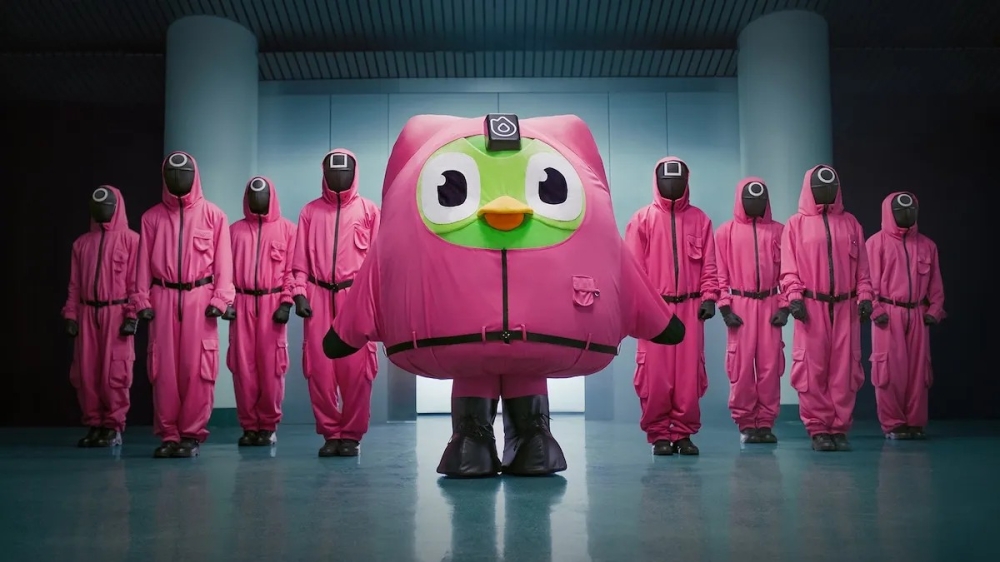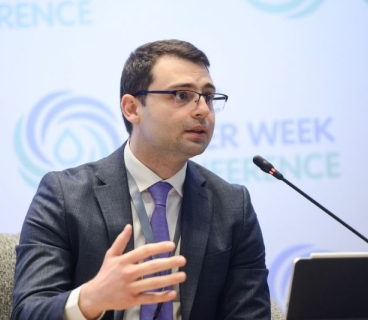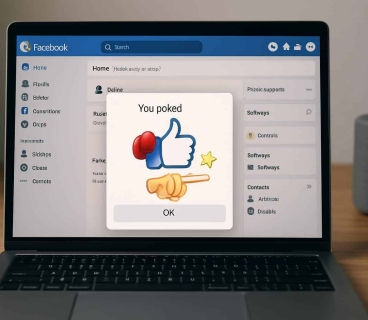Tech and education giant Duolingo announced this week that it is officially transitioning toward becoming an “AI-first” company, replacing human roles with artificial intelligence. The decision, seen by many experts as evidence that the AI-driven employment crisis is no longer a distant threat but a present reality, has drawn sharp criticism.
Journalist Brian Merchant highlighted that Duolingo’s use of AI to replace human workers is not new. He noted that the company had already laid off approximately 10% of its translation contractors in late 2023, followed by a second wave of layoffs affecting writers in October 2024. In both cases, those roles were replaced by AI systems.
Merchant also referenced reporting by The Atlantic, which points to unusually high unemployment rates among recent college graduates in the U.S. One major explanation, he argued, is that companies are increasingly using AI to replace entry-level white-collar jobs or diverting hiring budgets toward AI development, reducing the demand for new human employees.
He further emphasized that the crisis is not a result of AI technology itself, but of executive decision-making aimed at reducing labor costs and tightening organizational control. The consequences, he said, are visible in shrinking job opportunities in creative industries, declining incomes for freelance artists, writers, and illustrators, and an overall decrease in human hiring.
“This AI jobs crisis isn’t some Skynet-style robot apocalypse,” Merchant wrote. “It’s executives waving the banner of an ‘AI-first strategy’ while laying off thousands.”
These developments underscore the growing need to examine not just the capabilities of artificial intelligence, but also its broader economic and social implications.







